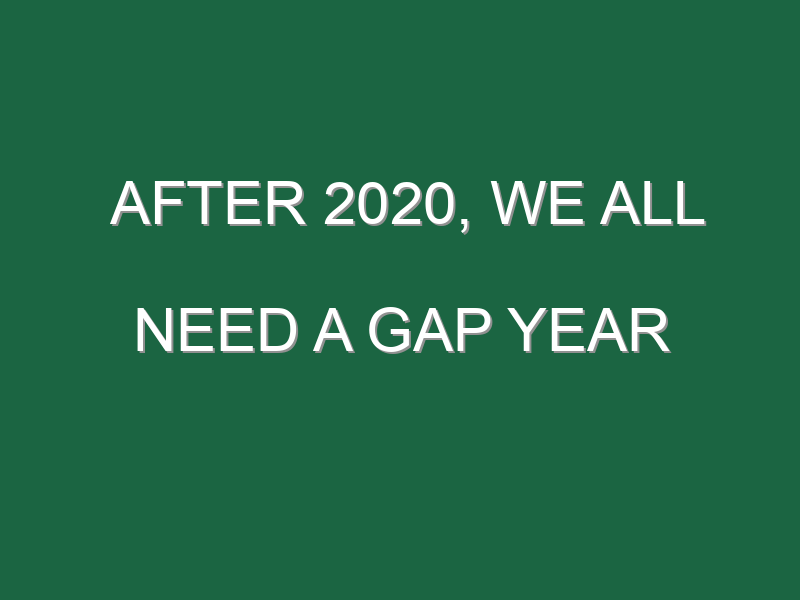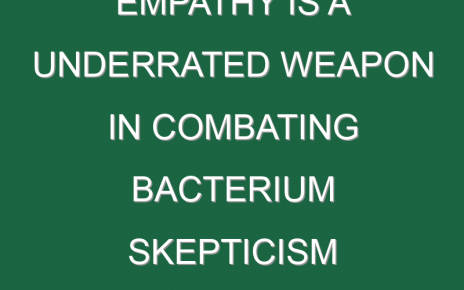As millions of students and their parents continue to contemplate and question the value of a COVID-era collegiate experience, there has been a lot of talk about the beloved “gap year.” Not surprisingly, thousands of U.S. college students opted to take one in the current academic year.
But soul-searching young people aren’t the only ones who could benefit from a year of think space at this ominous time.
In 2019—at the age of 50—I embarked on a midlife gap year of my own. My journey took me to one of the most unlikely places in the world—a remote Indian Ocean island, 1,500 miles off the southeast coast of Africa.
After having climbed the corporate ladder for three decades, and holding executive posts at United Airlines, Starbucks, and US Airways, I realized it was time to stop fueling my ambition and start refueling my soul. So my family and I sold our home, packed our bags and moved to Mauritius, where I served as an executive in residence and chief communications officer at African Leadership University (ALU).
I was enticed by ALU’s moonshot mission to develop a new generation of entrepreneurial and ethical African leaders. The school, with campuses in Mauritius and Rwanda, is doing this by challenging students representing more than 40 African nations to declare a mission rather than a major—and in doing so discover their purpose and embrace a grand social challenge. Students work with faculty to handcraft a learning path to catalyze their personal calling. This may help explain why New York Times columnist David Brooks described ALU as one of the four spots on earth “where history is being made.”
There are three big lessons I awakened to as I spent time in this innovative environment during my midlife gap year:
Do hard things
In 1961, John F. Kennedy declared, “We choose to go to the Moon in this decade and do the other things, not because they are easy, but because they are hard.” At ALU we were fond of saying that solving Africa’s biggest problems summon us to do hard things. In my case, I was summoned to do crazy-hard things—like selling our home and moving 10,000 miles from Chicago’s leafy North Shore suburbs to the turquoise north shore of a distant African island. Now—possibly more than any other moment in our lives—is the time to stop contemplating what if and start declaring why not.
Find space for think space
The magnitude and volume of news, information, and noise we are exposed to provide little if any refuge in which our brains may do what they are intended to do: think. So take long walks, choose the quiet car on the train, skip the movie on the plane, or rent a secluded cabin for a week (or perhaps move to a far-flung island for a year). As my daughter reminded me during our third month of quarantine, a silly old bear wisely once professed: “Doing nothing often leads to the very best of something.”
If we worry about everything, we will never do anything
In the three months that led up to our departure for Mauritius, there were a hundred reasons not to get on that plane. Securing adequate international health insurance, for example, became a bureaucratic quagmire. (To our surprise, the pre-existing conditions waiver in the Affordable Care Act does not apply to international coverage for U.S. citizens.) And nothing broke my heart more than trying to reassure my teenage daughter that everything would be okay. Tears would roll down her cheeks as she fell asleep each night, devastated about leaving her BFFs behind and feeling trepidation about making new friends in a distant land.
Each new headwind would have been a valid reason on its own to abort our plans. But we never abandoned the one reason we were doing this to begin with—to do our small part to help change the trajectory of a continent with so much potential for itself and the world. And along the way, change the trajectory of our own lives.
Nelson Mandela proclaimed, “There is no passion to be found playing small—in settling for a life that is smaller than the one you are capable of living.” Which is why I’ve come to believe that our lives will not be measured by the titles we attain, the awards we collect, or the wealth we accumulate, but rather by the moments of impact we achieve—the mark we leave on the people and world around us and, more important, the measure of our willingness to let them make a mark on us.
After spending 12 months surrounded by the limitless potential of a new era of African leaders, I realized it was time to stop trying to prove myself to the world and instead dedicate myself to improving the world. In August I returned to the U.S. as a public relations professor at Syracuse University. In my new role I am on a mission to help my students declare and achieve their missions. And along the way, I’ll do my small part to help shape the next generation of entrepreneurial, ethical, and consequential leaders our world needs now more than ever.
The lecture halls of academia are a far cry from the plush executive suites that I roamed in recent years, but there is something magically transformational about living on an African island for a year. I arrived the person that I thought the world expected me to be and departed the person I know the world needs me to be.
Isn’t that what gap years are for, at any age?
Jim Olson is a public relations professor of practice at Syracuse University’s Newhouse School of Public Communications and a former corporate communications executive at United Airlines, Starbucks, and US Airways.
More opinion from Fortune:
- The broken business model of Uber and Lyft is taking a heavy toll on society
- Men named Jo(h)n have written as many of 2020’s top business books as all women combined
- It’s time for progressive white women to do more for racial equality
- The web must change its business model if it wants to become truly global and multilingual
- Biden can create better jobs by giving workers a seat at the boardroom table




